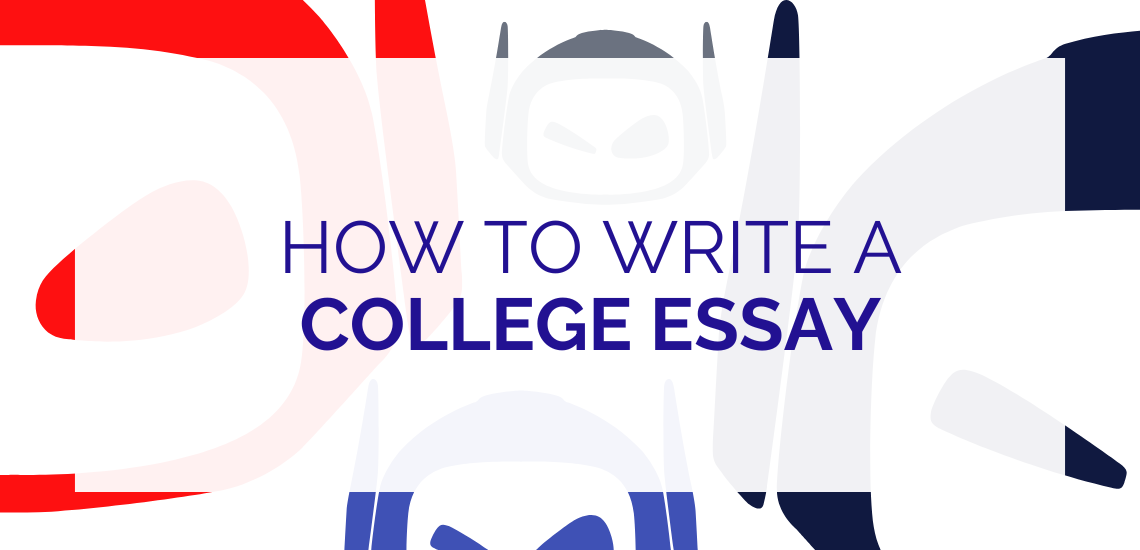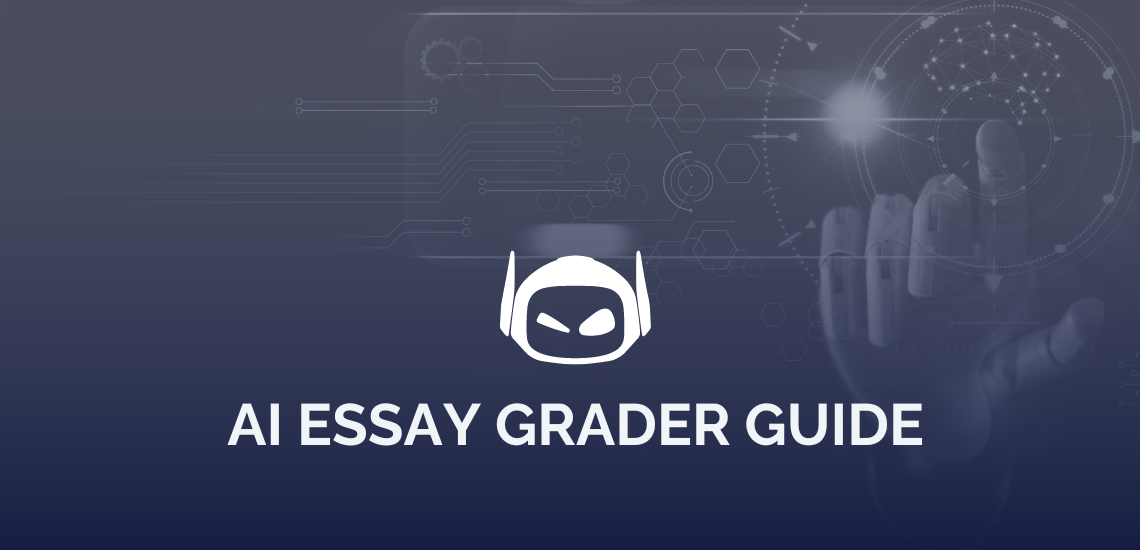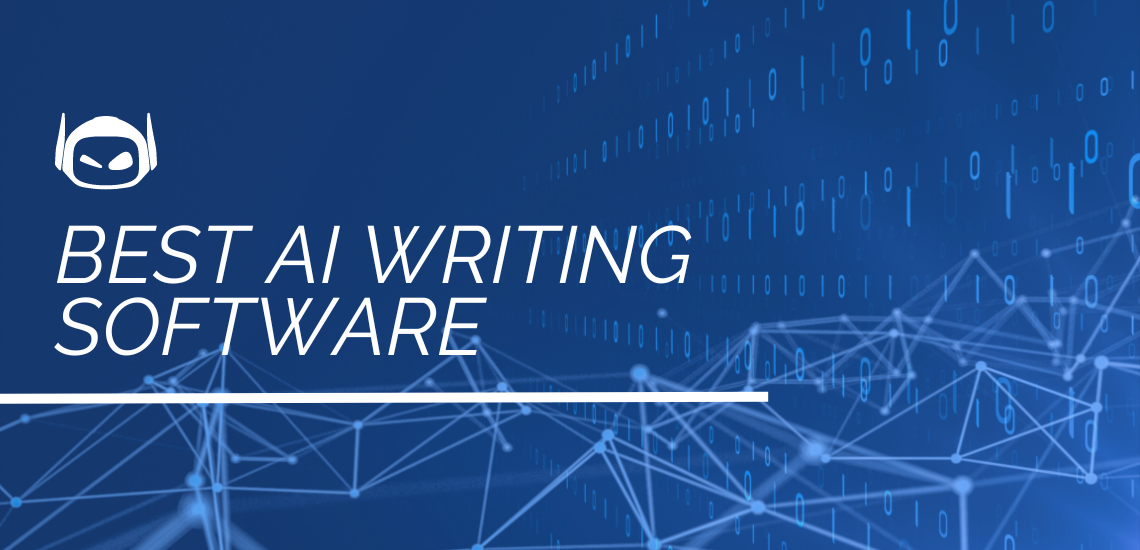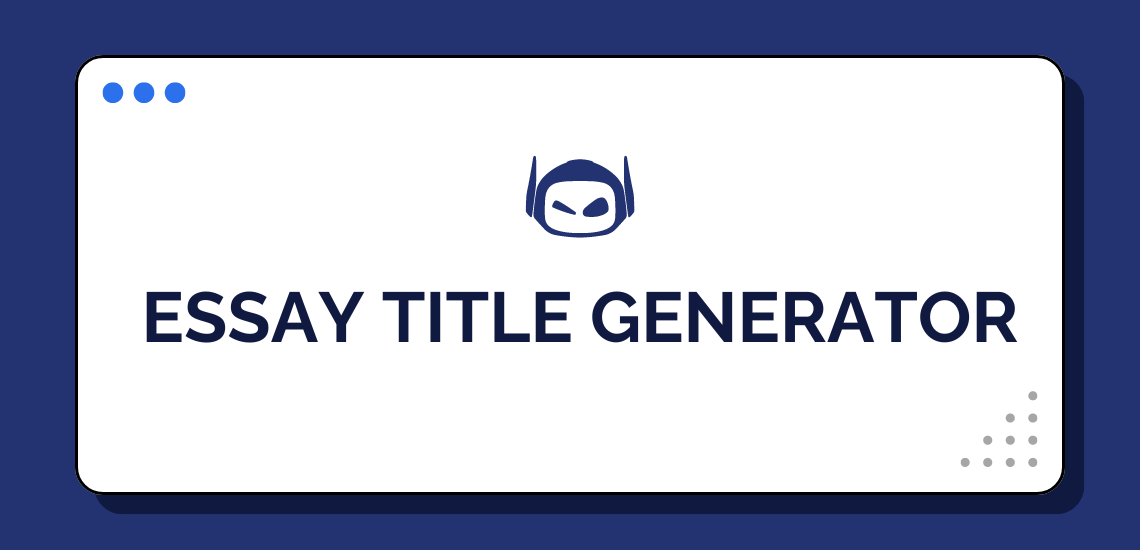
The amount of time that teachers spend on grading papers...

Are you looking for the best AI tool for research...

General Guide About Content and Writing
Are you struggling to complete your expository essay and need...

General Guide About Content and Writing
Are you worried that your essay will start out flat...

General Guide About Content and Writing
Are you worried that your scholarship essay will not get...

Step-by-Step Instructions for Writing
Writing a college essay can seem daunting, but it’s your...

In today’s fast-paced world, technology touches every aspect of our...

Are you looking for the best AI writing software but...

General Guide About Content and Writing
Artificial Intelligence (AI) is changing how we access information online....

Creating a good title for your essay is crucial. It’s...